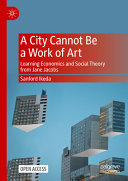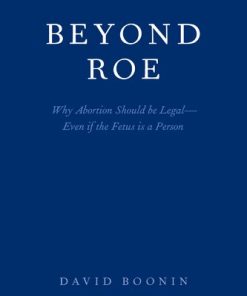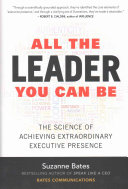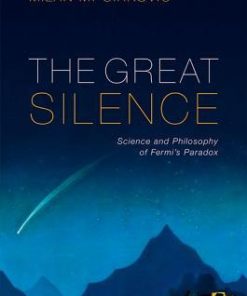The Great Paradox of Science Why Its Conclusions Can Be Relied Upon Even Though They Cannot Be Proven 1st edition by Mano Singham 0190055073 9780190055073
$50.00 Original price was: $50.00.$25.00Current price is: $25.00.
The Great Paradox of Science: Why Its Conclusions Can Be Relied Upon Even Though They Cannot Be Proven 1st edition by Mano Singham – Ebook PDF Instant Download/DeliveryISBN: 0190055073, 9780190055073
Full download The Great Paradox of Science: Why Its Conclusions Can Be Relied Upon Even Though They Cannot Be Proven 1st edition after payment.
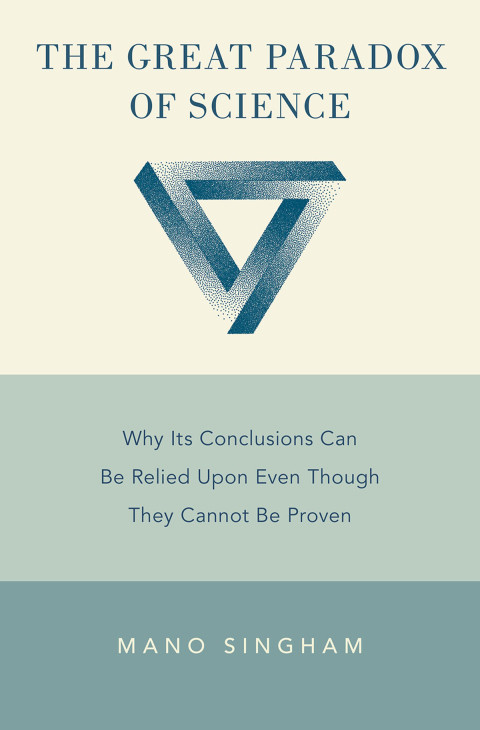
Product details:
ISBN-10 : 0190055073
ISBN-13 : 9780190055073
Author: Mano Singham
Science has revolutionized our lives and continues to show inexorable progress today. It may seem obvious that this must be because its theories are steadily getting better and approaching the truth about the world. After all, what could science be progressing toward, if not the truth? But scholarship in the history, philosophy, and sociology of science offers little support for such a sanguine view. Those opposed to specific conclusions of the scientific community-nonbelievers in vaccinations, climate change, and evolution, for example-have been able to use a superficial understanding of the nature of science to sow doubt about the scientific consensus in those areas, leaving the general public confused as to whom to trust, with damaging effects for the health of individuals and the planet. The Great Paradox of Science argues that to better counter such anti-science efforts requires us to understand the nature of scientific knowledge at a much deeper level and dispel many myths and misconceptions. It is the use of scientific logic, the characteristics of which are elaborated on in the book, that enables the scientific community to arrive at reliable consensus judgments in which the public can retain a high degree of confidence. This scientific logic is applicable not just in science but can be used in all areas of life. Scientists, policymakers, and members of the general public will not only better understand why science works: They will also acquire the tools they need to make sound, rational decisions in all areas of their lives.
The Great Paradox of Science: Why Its Conclusions Can Be Relied Upon Even Though They Cannot Be Proven 1st Table of contents:
Part One: Why understanding the nature of science is important
1. Did dinosaurs have tea parties?
2. The traps of scientific history
3. Misconceptions about the methodology and epistemology of science
4. What is the goal of science?
5. The power of scientific theories and the problem of induction
Part Two: Case study of the age of the Earth
6. What the age of the Earth reveals about how science progresses
(a) Early models of the age of the Earth
(b) Young Earth theories
(c) The impact of young Earth beliefs on geology
(d) The impact of old Earth theories on religion
(e) The impact of geology, politics, and religion on evolutionary ideas
(f) The backlash to the theory of evolution
(g) The three-way conflict of physics, biology, and geology
(h) The revolutions in physics in the twentieth century
(i) Consensus emerges on the age of the Earth
7. What we learn about science from the study of the age of the Earth
Part Three: Science and true knowledge
8. A brief history on the search for true knowledge
9. The role of doubt and faith in science
10. The basic features of science
(a) Science does not prove theories to be true
(b) Science does not prove theories to be false
(c) Scientific revolutions are the result of three-cornered struggles
(d) Scientific theories are always underdetermined by data
(e) Scientific theories must be naturalistic and testable
11. The deep interconnectedness of scientific theories
12. How scientific theories get invented and that history gets distorted
Part Four: The nature of scientific logic
13. Truth in mathematics and science
14. The burden of proof in scientific and legal systems
15. Proof by logical contradiction
16. The role of negative evidence in establishing universal claims
17. Dark matter, dark energy, string theory, and the multiverse
Part Five: Resolving the Great Paradox
18. How scientists choose between competing theories
19. Why some scientific controversies never die
20. How science evolves and the Great Paradox of science
21. The three trees of scientific knowledge
22. Resolving the Great Paradox
People also search for The Great Paradox of Science: Why Its Conclusions Can Be Relied Upon Even Though They Cannot Be Proven 1st:
great paradox examples
what is the great paradox
paradox of science
the great paradox meaning
greatest paradoxes in science
Tags: The Great Paradox, Science, Conclusions, Mano Singham
You may also like…
Business & Economics - Economics
Business & Economics - Industries
When Can Oil Economies Be Deemed Sustainable? Giacomo Luciani
Politics & Philosophy - Politics
Business & Economics - Management & Leadership
All the Leader You Can Be: The Science of Achieving Extraordinary Executive Presence 1st Edition
Politics & Philosophy - Anthropology




